Cancer vaccine shows promise for patients with stage III and IV kidney cancer

Dana-Farber Cancer Institute researchers report that all nine patients in a clinical trial being treated for stage III or IV clear cell renal cell carcinoma (a form of kidney cancer), generated a successful anti-cancer immune response after initiation of a personalized cancer vaccine.
Researchers develop targeted treatment for aggressive pregnancy cancer
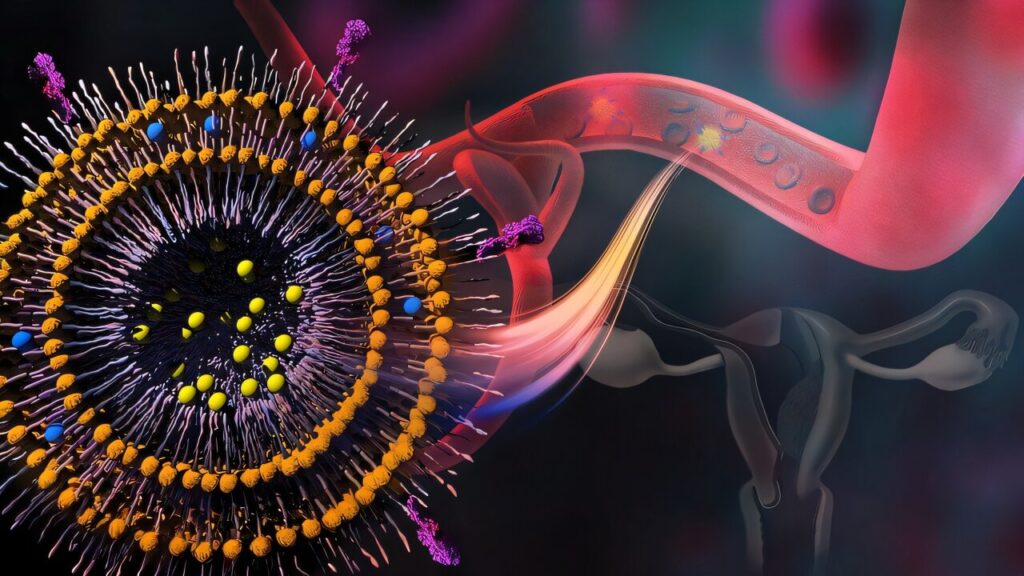
A new drug delivery system shows promise for treating a rare, aggressive form of cancer affecting pregnant women and new mothers, and it has potential for other cancers as well.
FDA approves Datroway for HR-positive, HER2-negative breast cancer
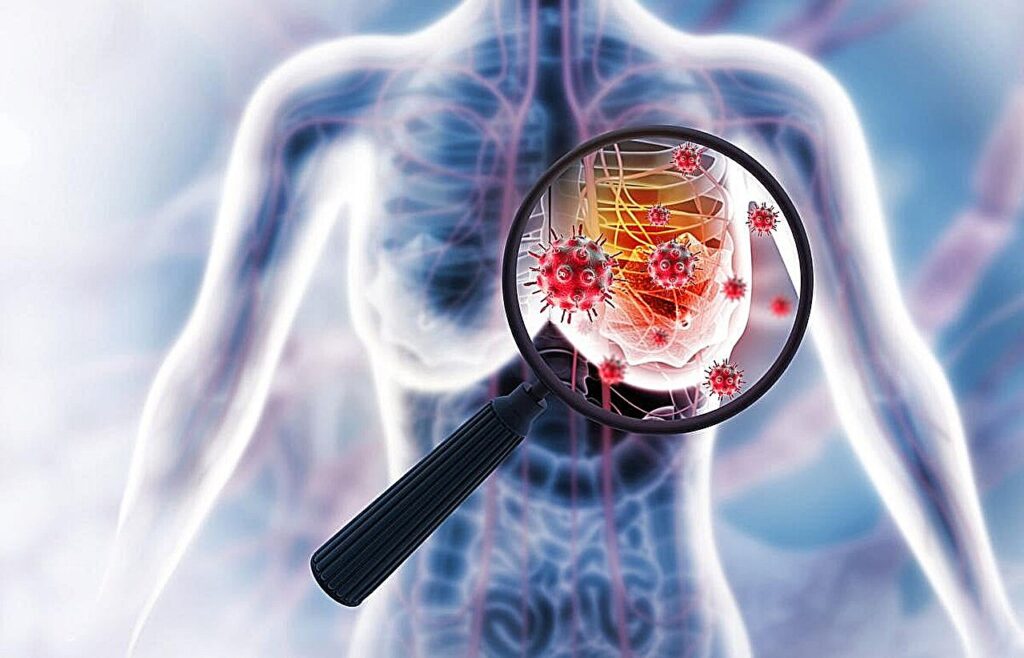
The U.S. Food and Drug Administration has approved Datroway (datopotamab deruxtecan-dlnk) for adult patients with unresectable or metastatic, hormone receptor (HR)-positive, human epidermal growth factor receptor 2 (HER2)-negative breast cancer.
Study finds stem-like T cells key to lasting immune response in cancer, chronic diseases
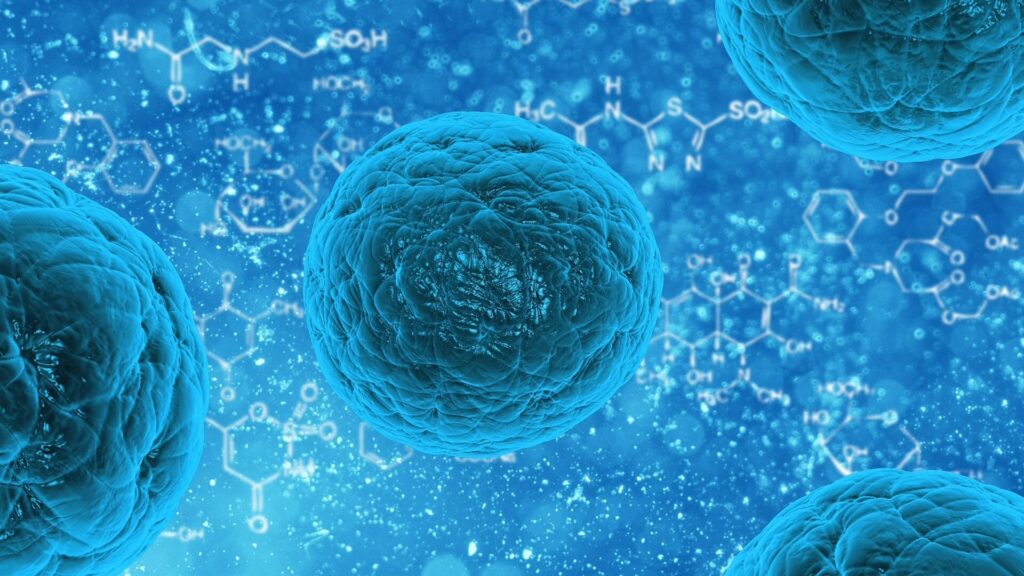
Prolonged illnesses like cancer and chronic infections often leave the immune system in a state of exhaustion, where its frontline defenders—T cells—lose their ability to function effectively. Research, led by the Peter Doherty Institute for Infection and Immunity (Doherty Institute) and the Peter MacCallum Cancer Center (Peter Mac), have identified a rare type of immune cells, called stem-like T cells, that holds the key to maintaining powerful, long-term immune responses.
Biomarker predicts KRASG12C inhibitor success in lung cancer treatment

A new study from Moffitt Cancer Center could help doctors predict how well patients with a specific type of lung cancer will respond to new therapies. The research, published in Clinical Cancer Research, found that measuring the interaction between two proteins, RAS and RAF, could provide valuable insights into the effectiveness of treatments for patients with KRASG12C-mutant non-small cell lung cancer, a type of lung cancer known for being particularly difficult to treat.
How scientists redesigned an effective cancer therapy to make it safer
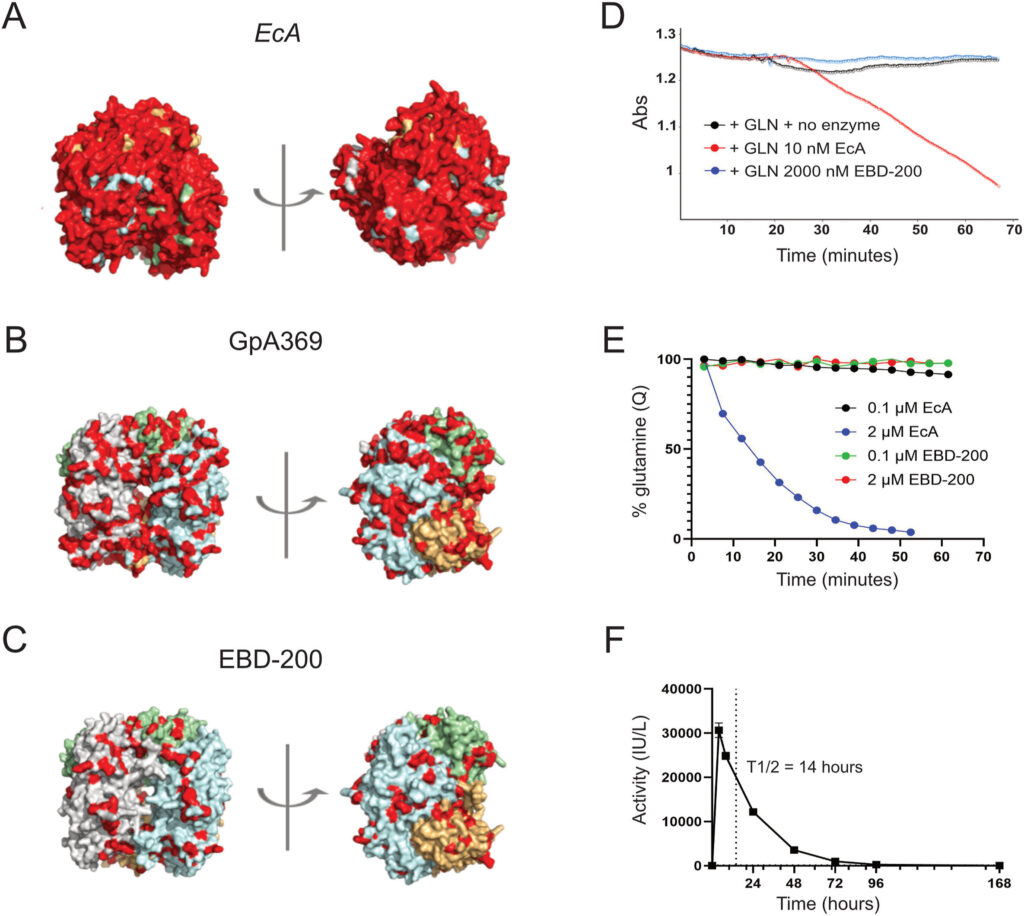
University of Illinois Chicago scientists have redesigned a treatment for the most common pediatric leukemia to eliminate its severe side effects, like blood clots and liver damage. If approved, the new drug may be tolerated by a broader range of leukemia patients and even be used to treat other cancers.
Viral protein Nef enables a step toward off-the-shelf CAR T cell therapy for cancer
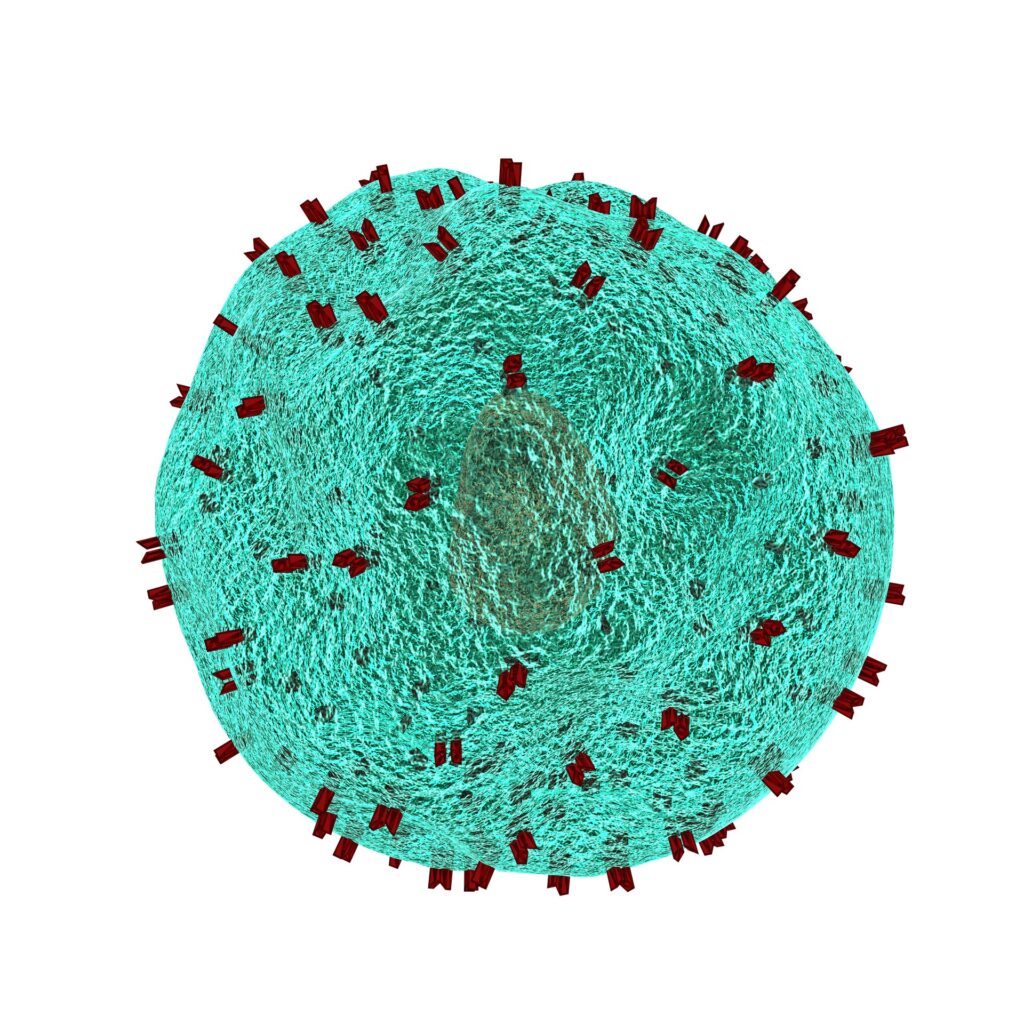
CAR T cell therapy is one of the most promising new cancer treatments to emerge in recent years. It involves removing a patient’s own immune T cells and engineering them to recognize specific targets on the surface of the cancer cell.
In HER2+ colorectal cancer, anti-HER2 therapy may be less toxic alternative

Patients whose metastatic colorectal cancer has progressed following chemotherapy and who lack mutations in the RAS and BRAF genes (RAS/BRAF wild-type) are typically treated with EGFR inhibitors. For those whose tumors also demonstrate HER2 amplification (extra copies of the HER2 gene), this therapy may be less effective.
Navigating nutrition during cancer treatment: A dietitian’s advice

During cancer treatment, our bodies require optimal nourishment, so eating well is especially important.
Study highlights new target and potential therapy for treatment-resistant cancers
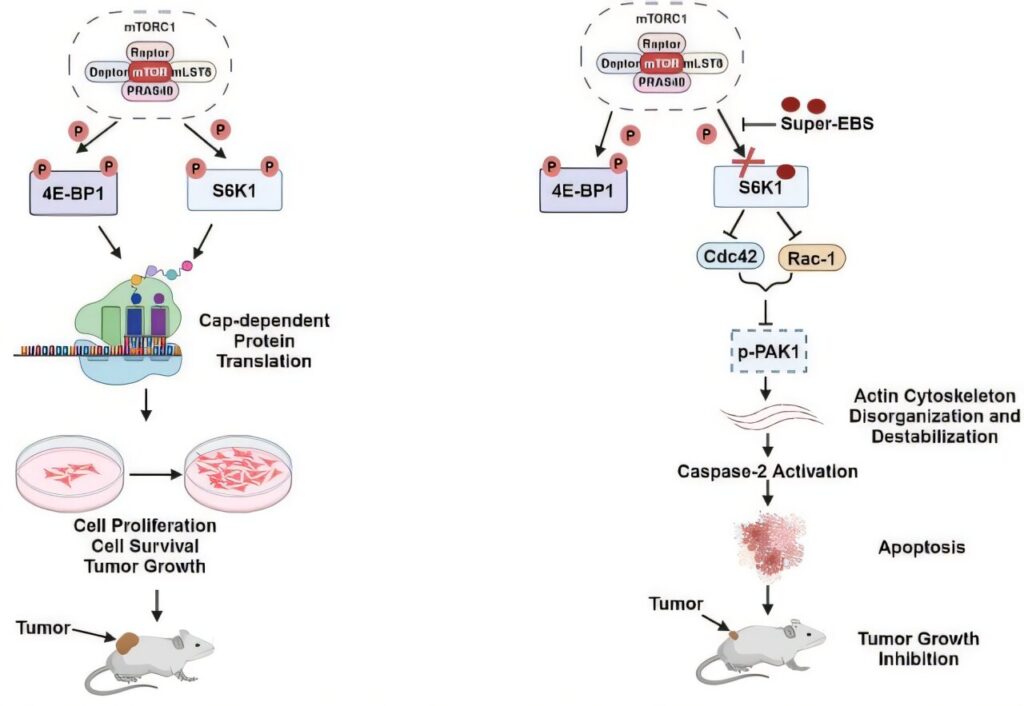
University of Kentucky Markey Cancer Center researchers have discovered a promising new way to combat therapy-resistant cancers by targeting a specific protein modification, according to a study published in the International Journal of Biological Sciences.
Next-generation gene-editing tool offers enhanced capabilities for cancer and medical research

Australian cancer researchers are the first to establish a next-generation gene-editing tool for modeling and interrogating human disease.
Epigenetic states during development establish cancer risk before birth

A person’s lifetime risk for cancer may begin before they are even born, reports a paradigm-shifting study by Van Andel Institute scientists.






